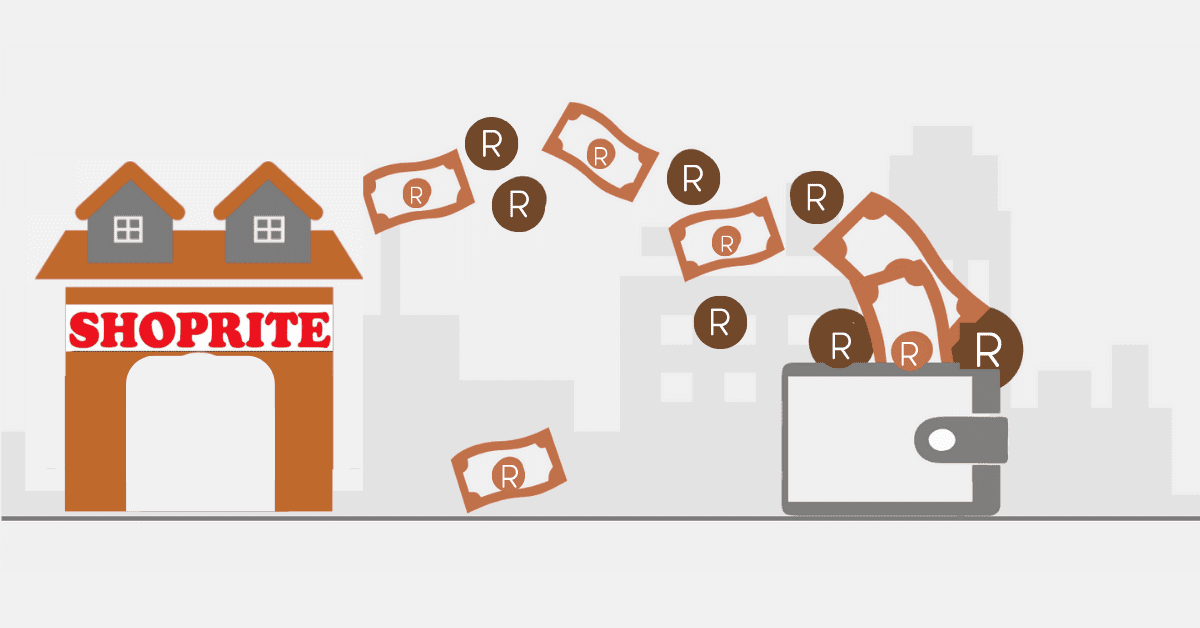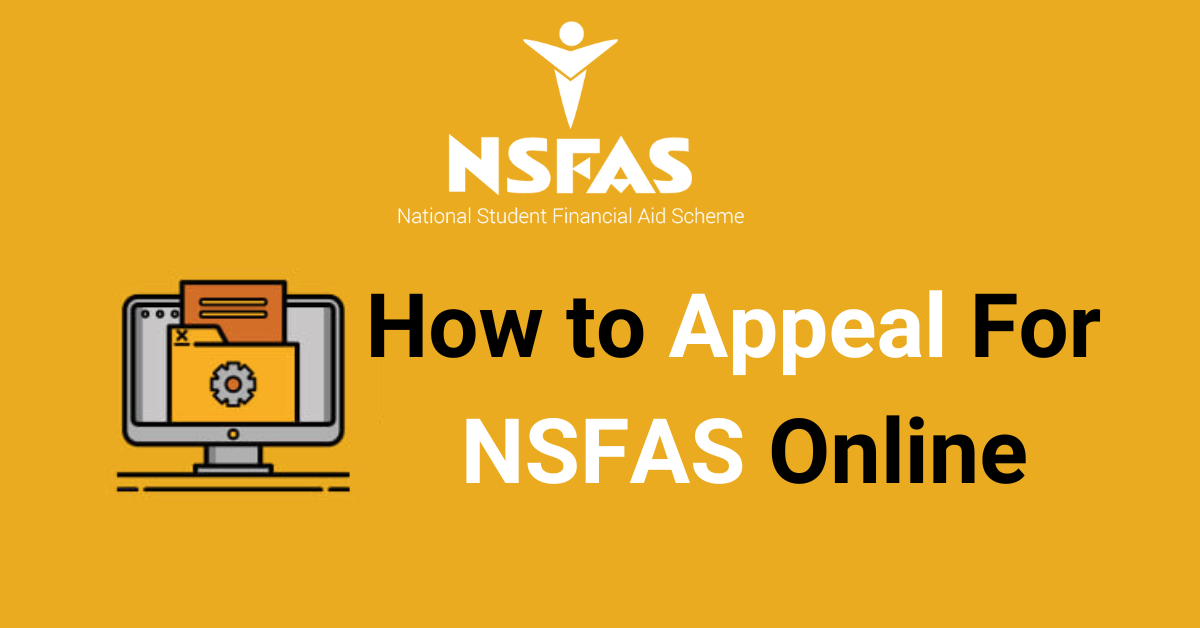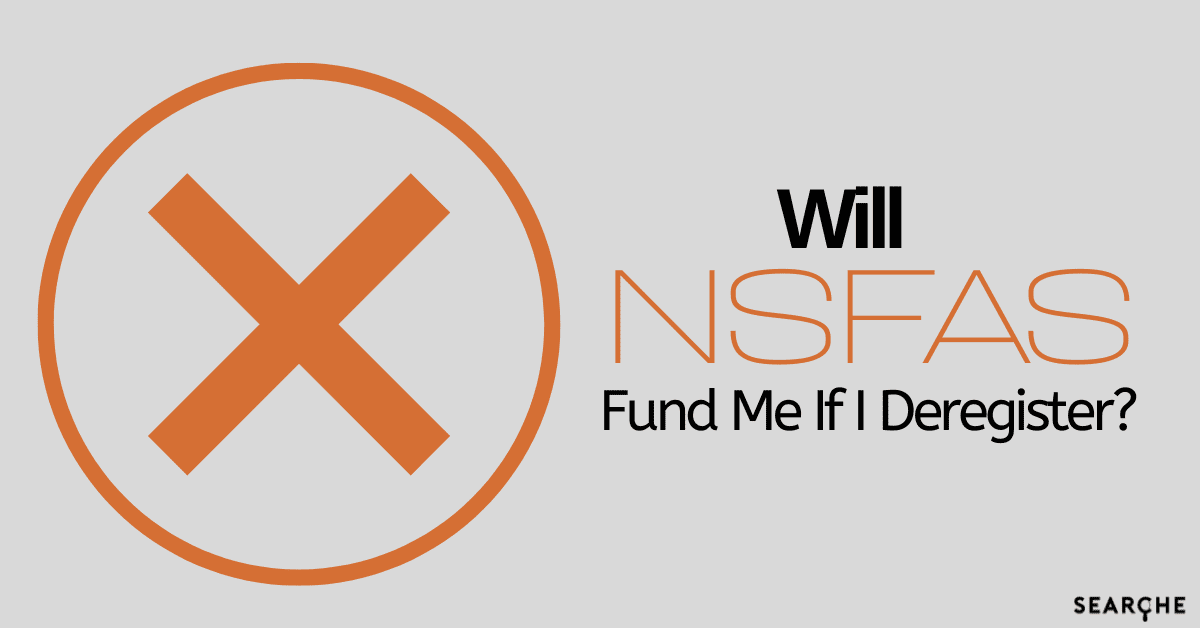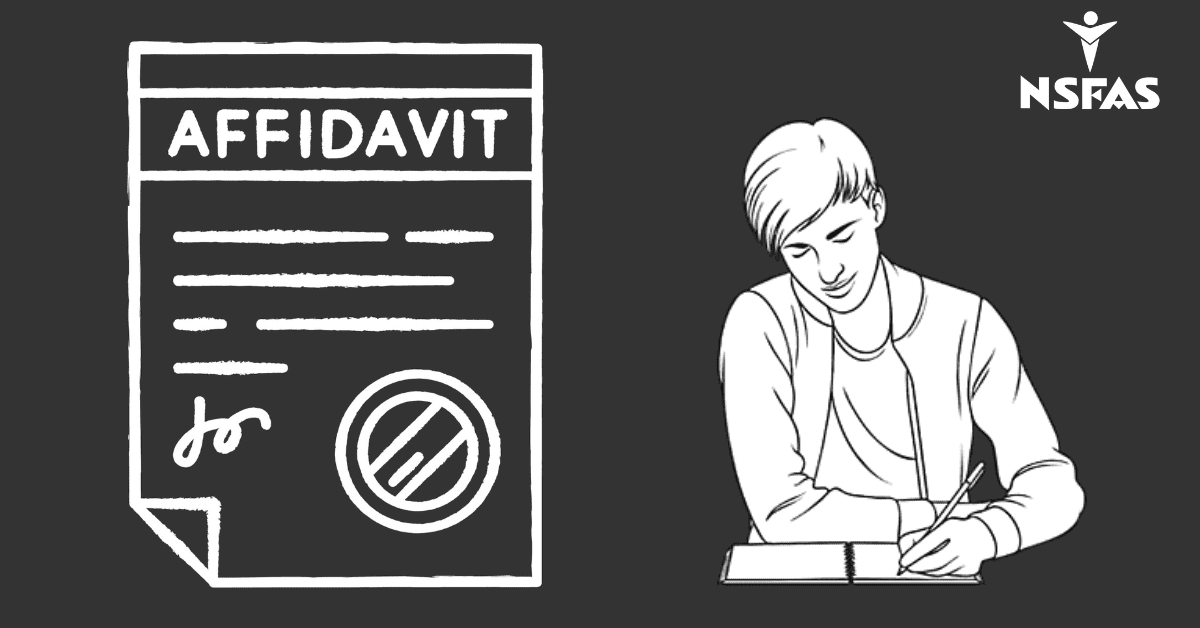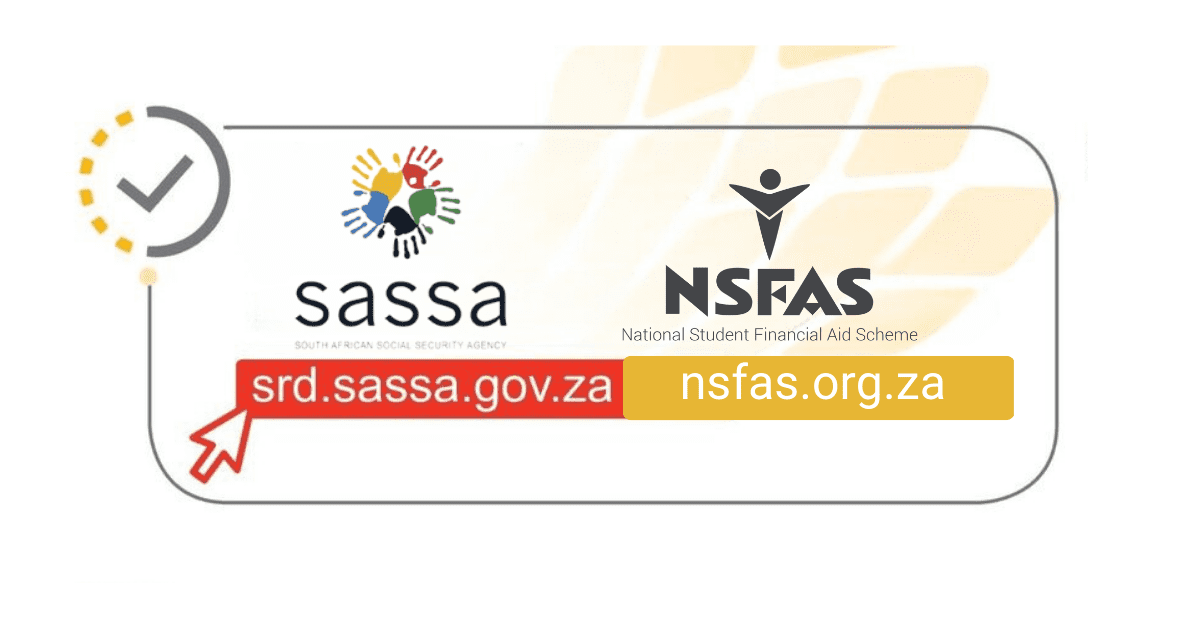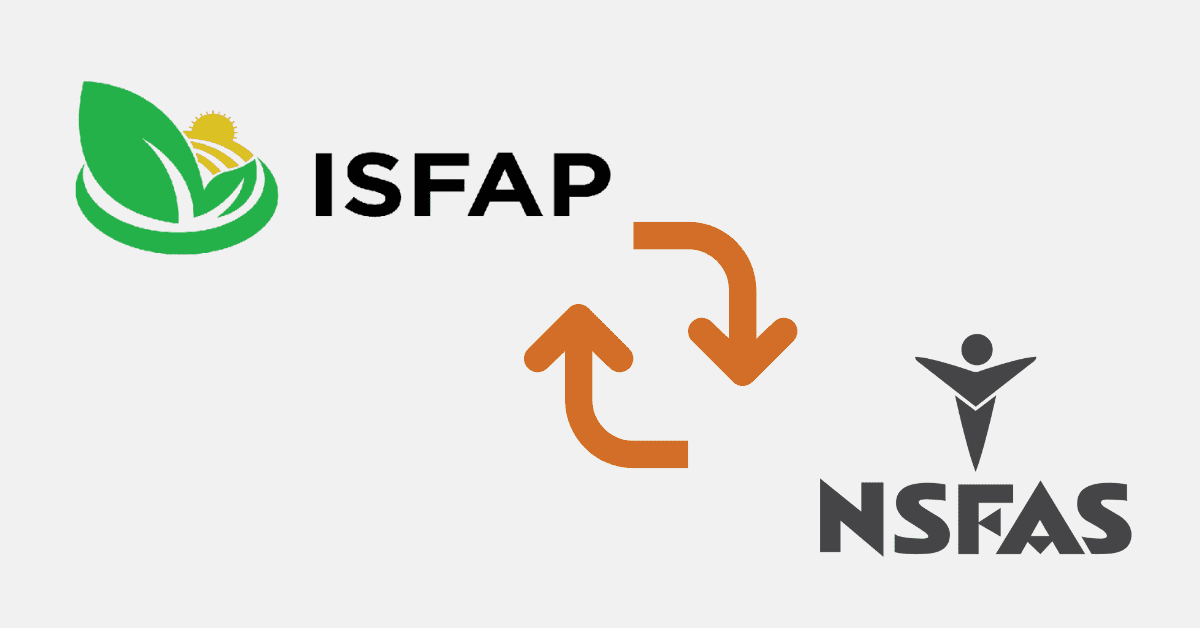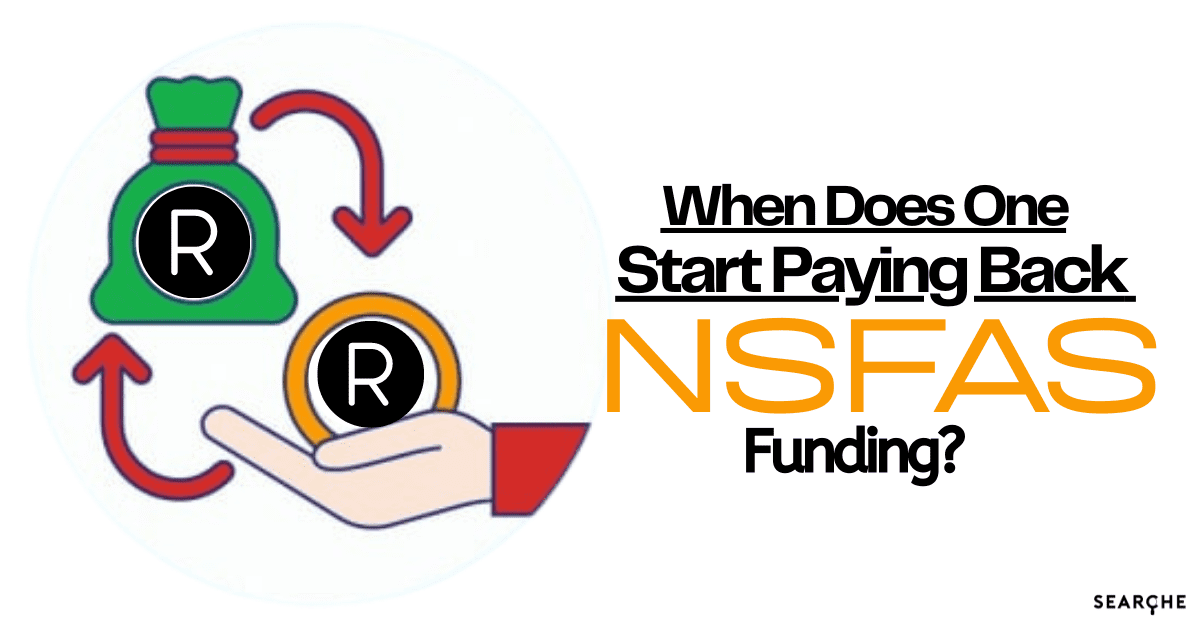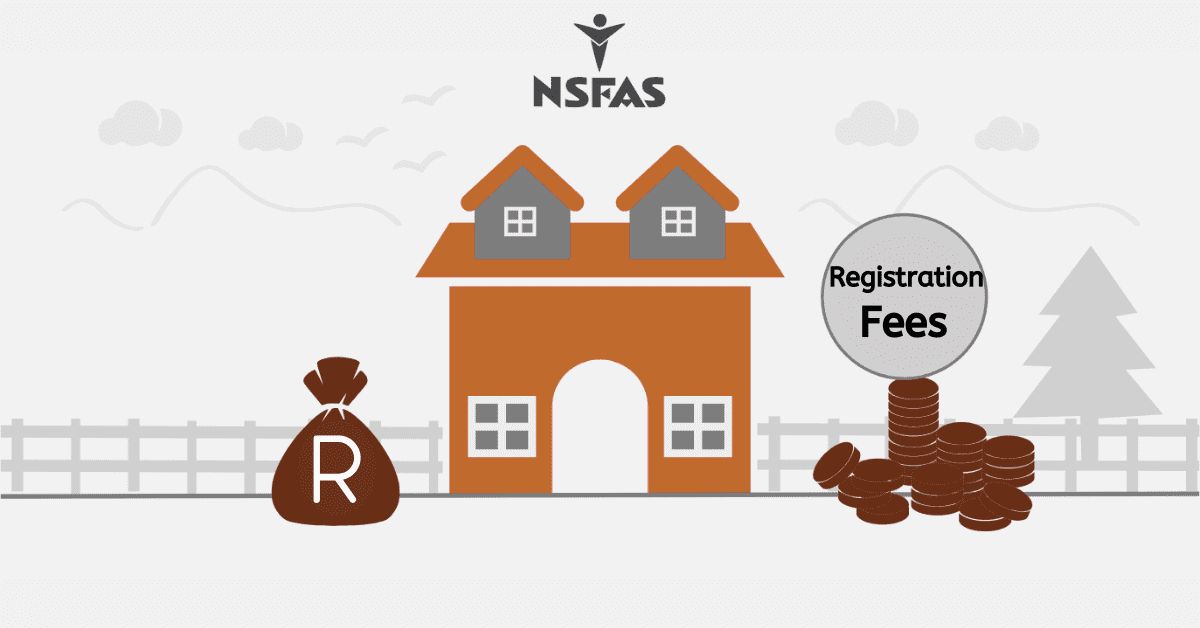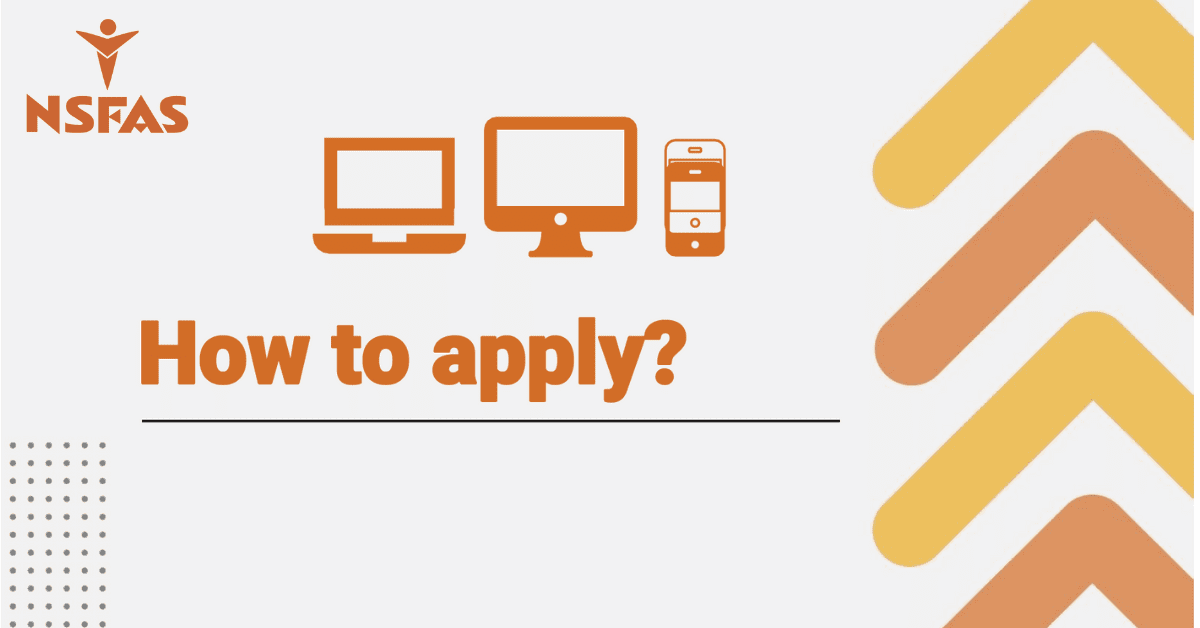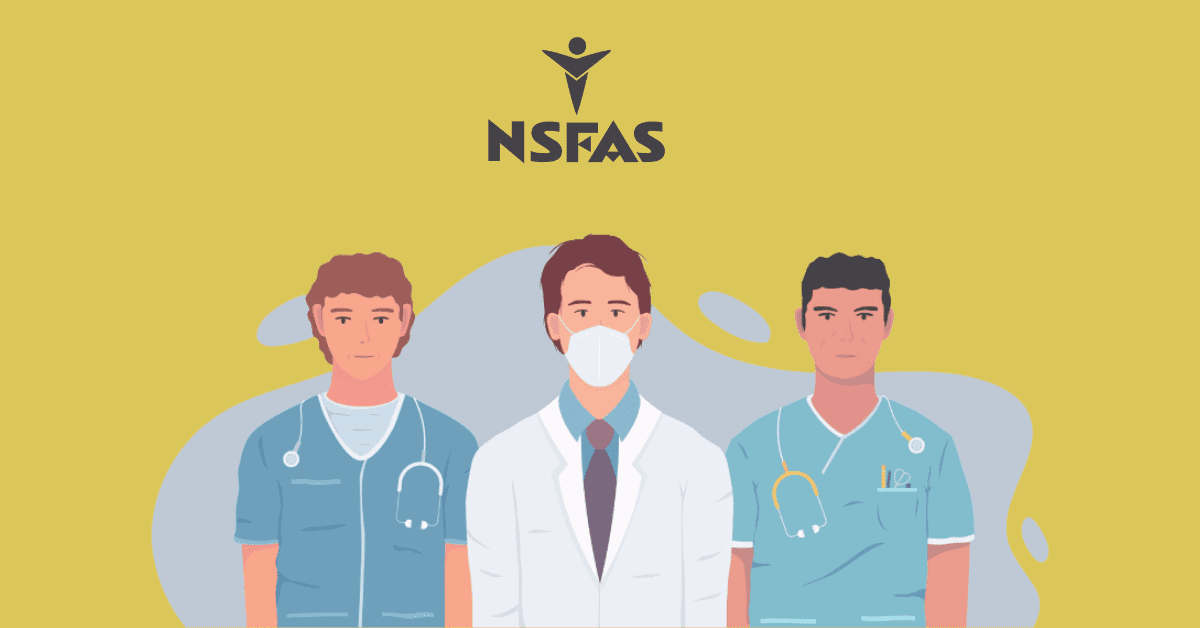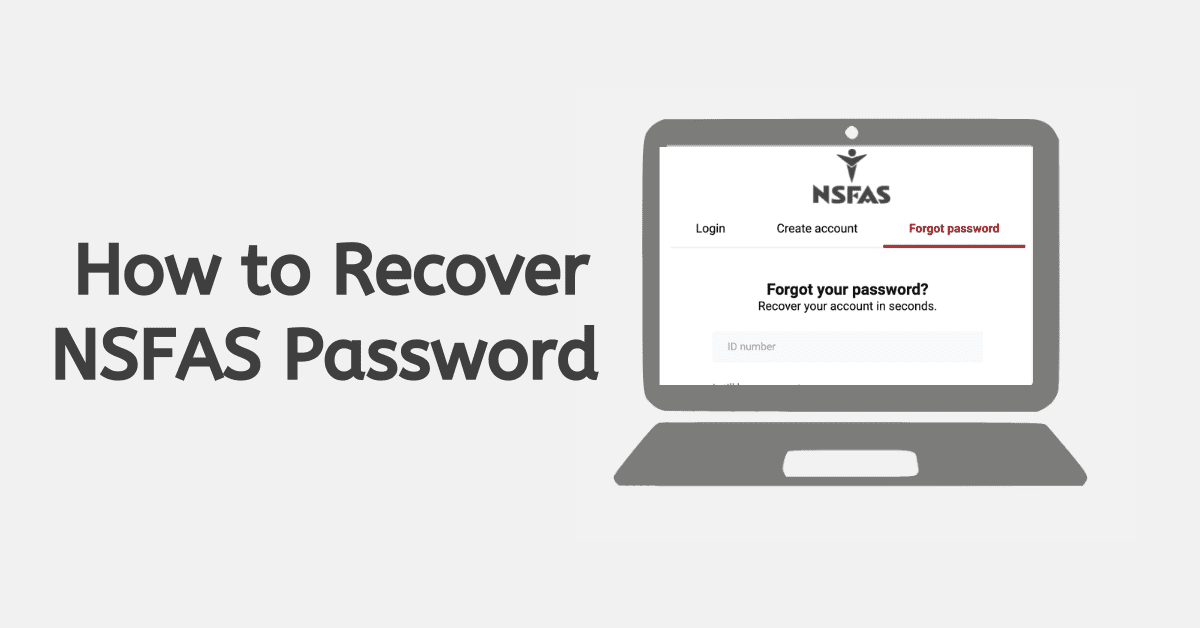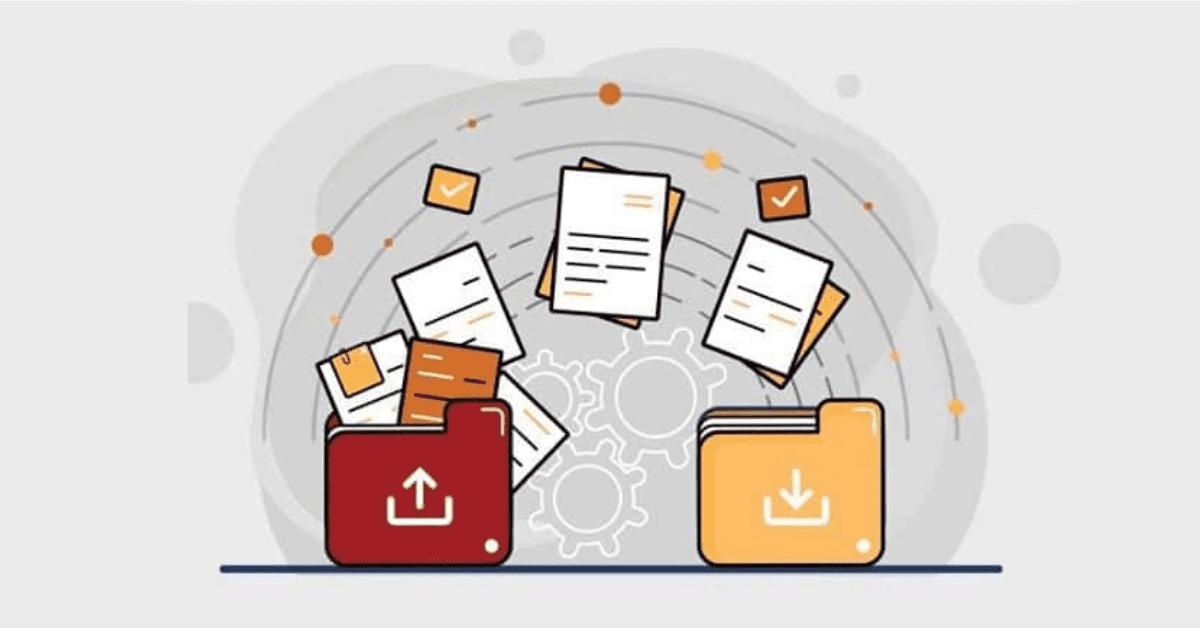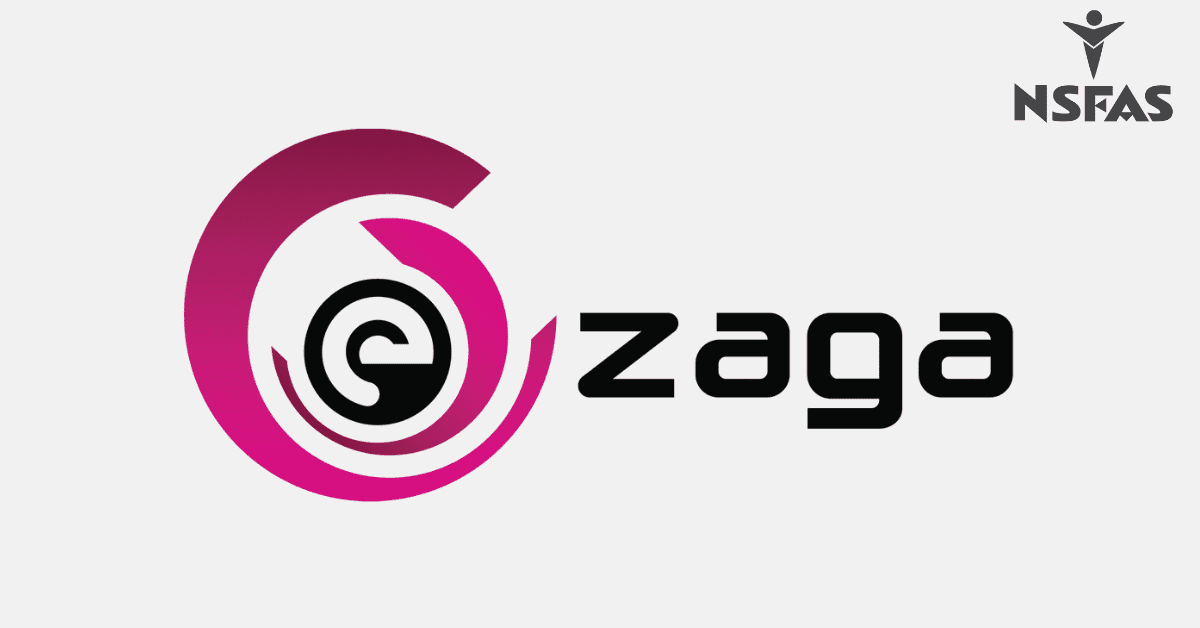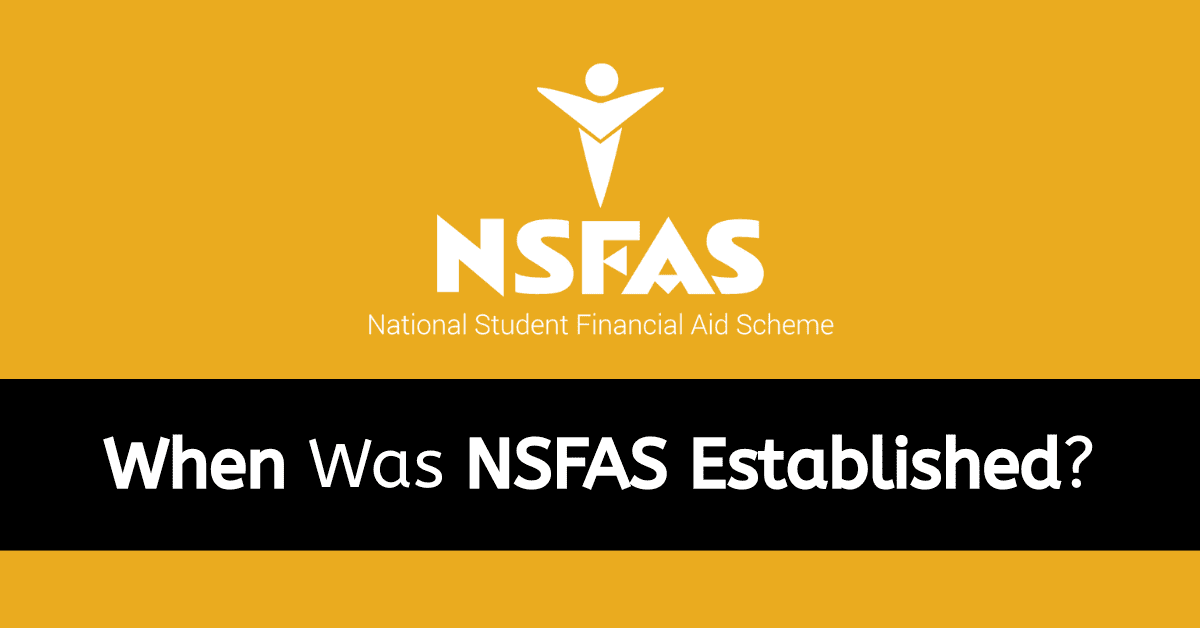The National Student Financial Aid Scheme, or NSFAS, accepts hundreds of thousands of applications annually. Of course, not all of these students can receive a bursary. If your application is one of the ones rejected by NSFAS, you do have a right to appeal this. You will need to do so within 30 days of receiving the rejection message from them. Today, we take a look at everything you need to know about NSFAS rejections
Why Did NSFAS Reject My Application?
Receiving an NSFAS grant is not automatic. They check your application to see how you match their eligibility criteria. This is why it can take a long time to hear back from them in the first place.
Not only must you meet all criteria- such as your household income and being a South African citizen- but the documents must also be perfectly filled in. All required documents must be submitted, and the form must be fully completed.
They will then check what you have listed with outside agencies to verify its truth. They will also check with the institution that they have space for you as a student, that you have registered properly, and that you meet all academic criteria required for the program.
Failure at any one of these points will mean a rejection. While some cannot help and will not be appealable, others may be based on a mistake on the NSFAS side or something you can correct or motivate them to reconsider. This is why there is an appeals process.
What to do When NSFAS Rejects You?
If you intend to appeal your NSFAS rejection, you will need to do so through the ‘appeal’ tab in your myNSFAS portal. If you cannot see this tab, or it is greyed out, this means you are not able to appeal your rejection.
If you can, however, start by logging into your account through www.nsfas.org.za. Next:
- Head to ‘Track Funding Progress’
- Check your application progress
- If you see the rejection message, click the ‘Submit Appeal’ tab
- Here you will see a reason for the rejection listed.
- If relevant, you can choose an appealing reason and upload any required supporting documents.
All appeals will, at the minimum, require you to submit a motivation letter about why they should reconsider you. This will need to be under 1000 words, so you don’t have a lot of space to make the impact you need to. Be sure to restate all your personal basics- identity, institution, course, and so on- and explain the reasons that you believe they should give you clemency. Be sure to include solid reasons why your application should be considered and the steps you have taken to mitigate any situation they cited as contributing to the rejection. Make sure it is grammatically correct and well-proofread, so you create the best possible impression.
Can I Re-Apply for NSFAS After Being Rejected?
Yes, you can. If you have been rejected before for an NSFAS bursary in a separate academic year, you are still welcome to apply for funding again in a later year. Of course, you will need to meet all the relevant criteria to do so, however.
How Long Do NSFAS Appeals Take?
You should know if your appeal was successful within 30 days. Remember, while waiting for approval, you don’t have to pay the registration fee, but if you appeal after being declined, you will have to. If the appeal is successful, you will be refunded.
Who Should Appeal to NSFAS?
While you can appeal a rejection from NSFAS, not everyone should.
In particular, if you failed on specific criteria to qualify, there is no point in appealing. Namely issues like:
- The institution can’t take you
- You don’t meet the academic requirements for the program
- The course doesn’t qualify
- Your household income is above NSFAS limits
- You were funded by NSFAS on a previous qualification
However, if there was something missing from your application you can now provide, there was an error which has been corrected, you believe they haven’t taken something into consideration, you believe they made a mistake, or your circumstances have changed, you can appeal.
NSFAS Appeals for 2025 (Closing Date)
This will be made clear on the website at the time you submit your application. However, the appeals for NSFAS rejections typically close in March of the academic year you are applying for.
How Do You Know If Your NSFAS Appeal is Successful?
Once you have successfully submitted your NSFAS appeal through the steps we detail above, you will see your status displayed as ‘Active Appeal’ on the status tab. If it should be approved this time, you will see this switch to ‘Approved for funding subject to registration.’ If it is again rejected, you will instead see ‘Application unsuccessful.’
While receiving a NSFAS rejection can be very demotivating, there is a chance you might be successful with an appeal, so don’t give up yet.
